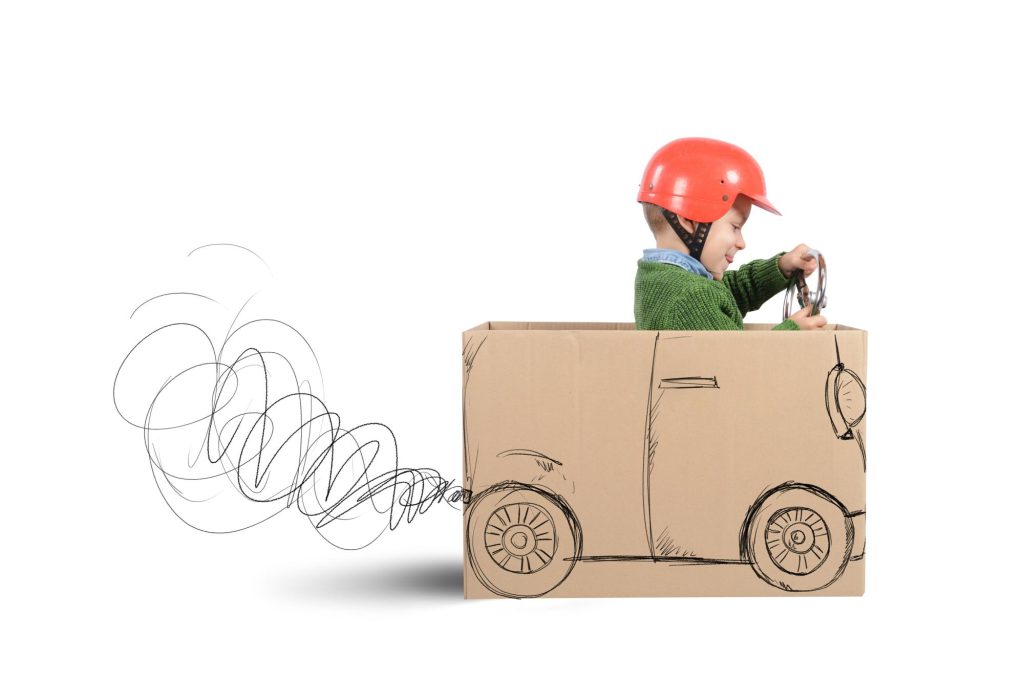Are you moving house with kids?
We have all done it, and we can all agree, the whole process of relocating is a bit of a nightmare.
Much preparation and planning is needed to limit the high-stress levels of the looming moving-in date.
You can literally times the stress levels by a factor of 100 if you are trying to move with children.
But there is plenty you can do to take the strain out of the whole experience, whatever age your children may be.
Here are what we hope will be a few ideas you can implement to help address the needs of your children during this very unsettling time.
These are our top tips when moving house with kids!
Enlist a Babysitter
Our first piece of advice when moving house with kids is to seek help where you can!
If possible, try and enlist the help of a family member to babysit on the actual moving day.
At the very least having someone take them away from the frantic atmosphere for a few hours and do something fun with them instead, will be a great help to all concerned.
Your children may be enrolled at a play school or old enough to be at primary school. In this case, a weekday move will ensure their day stays as normal as possible.
Toddlers are going to be the hardest age to deal with as they always need constant attention.
Moving can be dangerous business. Boxes falling, heavy furniture being moved, and doors being left open, are all just accidents waiting to happen for little ones.
With toddler-aged children safely out of the way, you can concentrate on the 101 tasks which come with house relocation.

Pack up the Kid’s Rooms Last
To avoid stressing your child, and yourself in the process, it is best to leave the packing up of the kid’s rooms until the last possible minute.
Young children are creatures of habit, and they very quickly get anxious when it comes to change.
By trying to keep to the same routine for as long as you can, you will go a long way to alleviating their fears when moving house with kids.

Explain What is Happening
Once children begin to communicate and understand that something big is about to happen, they need plenty of continued reassurance.
Well before the move, it is helpful to explain exactly and simply what is going on.
Talk regularly about the new house so that they have time to adjust to the idea.
Big the new house up so that they will start to look forward to the move.
Discuss the process with them, show them pictures of the new house, take them on a little road trip if you can and drive by the new home.
Hopefully, nearby there will be some play areas to show them.
Using reading time to look at books with stories of children having gone through the process, they will certainly have some questions.
You could even arrange a leaving party, so your children have the chance to say their goodbyes but make it positive by handing out cards with contact information.
All these tips will help soften the shock and ensure a smoother transition when moving house with kids.

Involve Little Children in the Process
You can also get your children involved in sorting out and packing. It will cement the fact in their minds that you are moving to a new place.
Having a good sort-out at this stage will save you from having to get rid of a whole lot of things later when you get to the new house.
Little children like to be involved. Plus, it is the best way to have a good sort out of old toys and clothing that they have outgrown.
Explain that their old things are going to help other families.
This activity will work best for children aged around 4 years.
Give them their own special box which they can fill with all their favourite things. This can be especially helpful.
You can help them make up the box and write their names on each. They could even decorate the outside of each box.
Plus, it will come in handy on the first few nights at the new house. Having their favourite things with them will help them settle that much quicker.
Moving with Teenagers
This is arguably the most traumatic age to move children.
Your decision for moving may be a necessity, it may be work-related, or a family break up, or you may be emigrating to another country altogether.
Either way, the big change is incredibly disruptive to teenagers.
Try and arrange for the move to take place over the summer holidays.
Not having to start a new school immediately, gives you and your children time to concentrate on getting used to the new house before the added trauma of a new school becomes a reality.
The goal is to establish the fact that everything is going to be all right, and that you are always there for support.
They, like younger children, need to know well in advance of the move, where you are going, what the house is like, and what is there for them with regards to entertainment.
Prospective schools will need to be visited, if possible, they can choose their preferred school.
What after-school clubs are there? These help young people to form friendships outside of school.
Again, a farewell party is a chance to say goodbye and ensure that the best of friends can stay in touch.
These days communicating with old friends via online gaming, apps and other technology is so much easier.
You might want to involve them in how they would like to decorate and furnish their new bedroom.
Giving your young adult some personal space, a haven to retreat to, is incredibly important.
Ways to Help Teenagers to Settle in
Be very patient with them.
They are going through a tough time, being a teenager is tricky.
Listen to your teen. Hopefully, you can slowly get them to open up and talk to you about their feelings and then deal with them.
Starting a new secondary school where kids have already made friends and groups is not an easy situation to face.
As soon as they show signs of making new friends have a sleepover. Getting new friends around outside of school hours will help them start to build new relationships.
Changes in behaviour can be a worry. Watch out for signs of depression, speak with the school, and see if there is any help you can get for your child.
Thankfully, for most teenagers, the transition just takes a little time.
Before you know it, you will be the taxi of mum and dad again.




